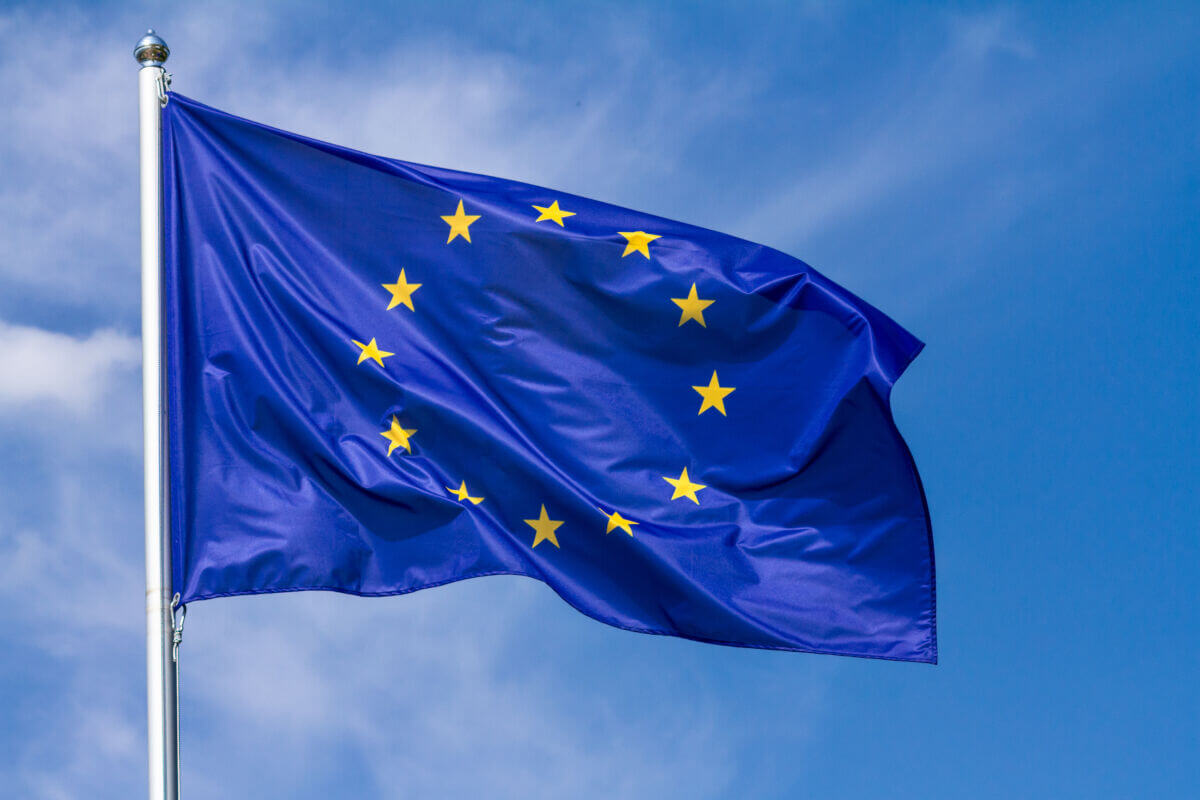ACM upholds decision on abuse of power Leadiant, fine reduced
In July 2021, the ACM fined pharmaceutical company Leadiant for abusing its dominant position in the Netherlands between June 2017 and December 2019. The ACM concluded that Leadiant charged an excessive and unfair price for the drug CDCA-Leadiant during that period and imposed a fine of €19.6 million. Leadiant appealed the ACM’s fining decision with the ultimate aim of getting the fine off the table. Among other things, the ACM allegedly made errors in its analysis of market dynamics and the products sold by Leadiant. Leadiant also argues that the ACM defined the market incorrectly and that it was in no position of economic dominance and/or did not abuse such a position.
The ACM declares these objections largely unfounded. The ACM rejects Leadiant’s claim that there was a collective boycott of health insurers and that it could therefore not have negotiated the price with them. The same applies to the claim that predecessors of the drug CDCA-Leadiant were wrongly classified as the same product, which Leadiant claims resulted in an incorrect comparison between the prices of these ‘different’ products. The ACM reiterates that due to high similarity and the use of the same active ingredient, the drugs should be considered the same product. This leaves Leadiant’s price of €14,000 – compared to previous prices of the same drug, which was sold for €46 as recently as 2009 – inexplicable, except as the result of a position of economic dominance.
The ACM does follow Leadiant in its objection that it did not define the market correctly, as pharmaceutical compounding should also be included in the market. For this reason, Leadiant would not have had a position of economic dominance during the period that Amsterdam UMC offered pharmaceutical compounding – from 1 April to 26 July 2018 – and therefore no abuse could have occurred. Notably, Amsterdam UMC ceased the compounding activities late July 2018, following complaints from Leadiant, due to impurities in the raw material. After Amsterdam UMC succeeds in developing a magistral preparation again by January 2020, Leadiant’s abuse stopped.
As a result of the shorter period of the infringement, the ACM decides to reduce its previous fine to €17 million. Further objections as concerns the yardstick for determining the abuse and determining the excessive nature of Leadiant’s pricing are dismissed. The same applies to a number of procedural objections.
Interestingly, the ACM showed willingness to correct its earlier decision based on substantive arguments. It remains to be seen whether Leadiant will leave it at that or whether it will continue its fight in court.





